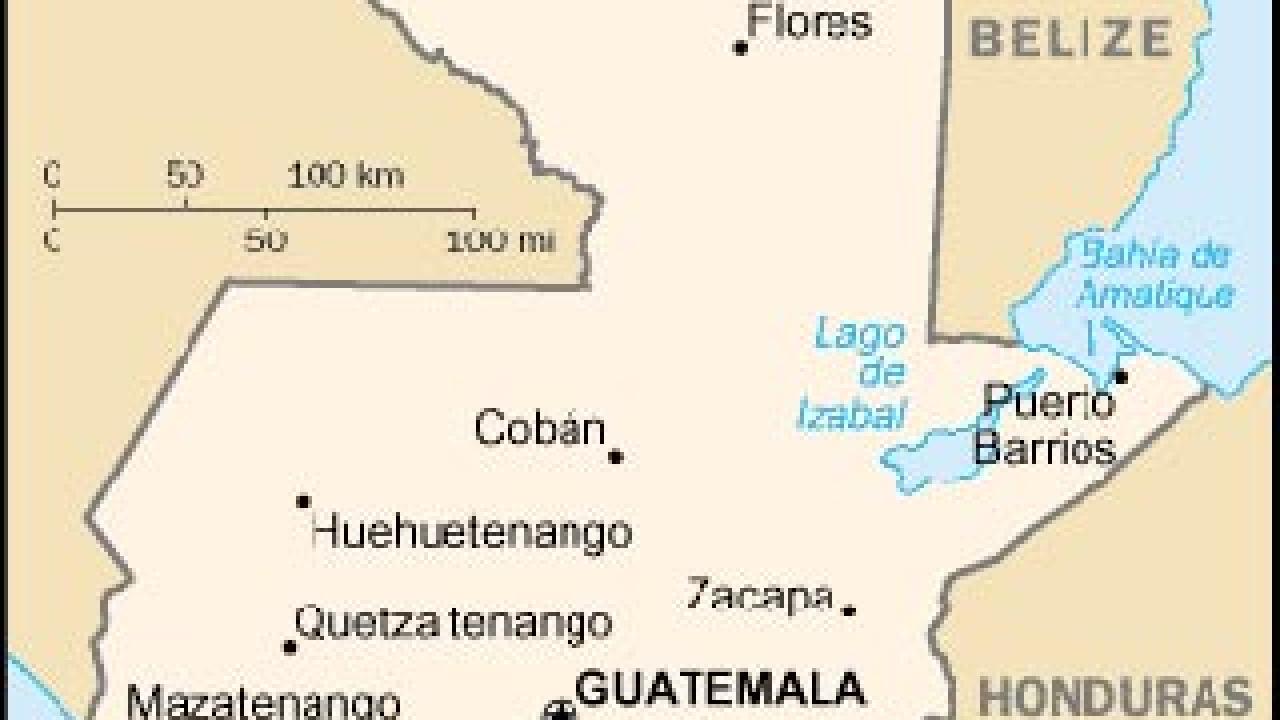Young migrants who come illegally to the United States to support families in their home countries face exploitation, poverty and marginalization, partly because they are not protected by law and lack parental guidance, according to a new policy brief released by the Center for Poverty Research at the University of California, Davis.
“They come to the U.S. to find a way out of poverty,” said Stephanie Lynnette Canizales, the researcher on the project. “They are the caretakers of entire families across the border and are left to fend for themselves in the U.S.”
Canizales, who is a visiting graduate scholar for the center from the University of Southern California, spent more than 200 hours between July 2012 and August 2013 observing and interviewing workers in Los Angeles who had come to the U.S. from Guatemala as unaccompanied minors. They took jobs in garment work, service, construction, maintenance and domestic work to support families who stayed behind. At the time of the study, the workers were between 18 and 35 years old and had lived in the U.S. between four and 19 years. She said these youth face exploitation that is neither acknowledged nor addressed by current policies.
Immigrant youth have been at the center of comprehensive federal immigration reform discussions since President Obama’s re-election in 2012. Approximately 5 million undocumented youth live in the U.S. today, with 1.1 million in California alone. These Central American workers face the same challenges as the current migrants making headlines as they await deportation hearings.
The Development, Relief, and Education for Alien Minors (DREAM) Act, proposed in 2001, and Deferred Action for Childhood Arrivals, signed in June 2012, target unauthorized youth for legalization based on academic achievement or potential service to the military. However, up to 62 percent of the unauthorized youth population are excluded because they are not enrolled in school and will not qualify to serve in the military. This includes the young migrant workers in this research.
Canizales said that without legal protection and parental guidance, these young people are more easily exploited than the average low-wage worker. Many of those she interviewed worked in dimly lit, poorly ventilated garment factories, often for up to 11 hours per day, six days per week. Yet they report a median income of between $85 and $420 per week. Wage theft — when an employer withholds earned pay — was also commonly reported.
“They can’t go to school because they work during all school hours,” said Canizales. “They tell me, ‘I know I need to learn English to get out of this kind of work but I can’t.’”
Canizales said that an amnesty based on length of stay would give these adult workers, many of whom have lived in the U.S. and contributed to its economy for many years, an opportunity to earn at least the minimum wage. This would decrease the hours they have to work, so they can go to school. It would also eliminate the fear of being fired or even deported for reporting unfair treatment and work conditions.
“There is this assumption that children are coming here with the intention of family reunification, or that there is some kind of protection from their unaccompanied status, but some are transitioning into adulthood without their parents,” said Canizales.
More information on this research
Each year the Center for Poverty Research visiting graduate scholar program brings graduate students from top institutions across the country to expand their research on the causes and consequences of poverty. Canizales is pursuing a doctorate in sociology at University of Southern California, but won funding from the center to work on this study at UC Davis.
About the UC Davis Center for Poverty Research
The Center for Poverty Research is one of three federally designated centers whose mission is to facilitate and disseminate non-partisan academic research on poverty in the U.S. and to train the next generation of poverty scholars. Its research agenda focuses on labor markets and poverty, children and intergenerational transmission of poverty, the non-traditional safety net, and immigration.
Media Resources
Karen Nikos-Rose, Research news (emphasis: arts, humanities and social sciences), 530-219-5472, kmnikos@ucdavis.edu
Alex Russell, Center for Poverty and Inequality Research, 530-752-4798, parussell@ucdavis.edu
